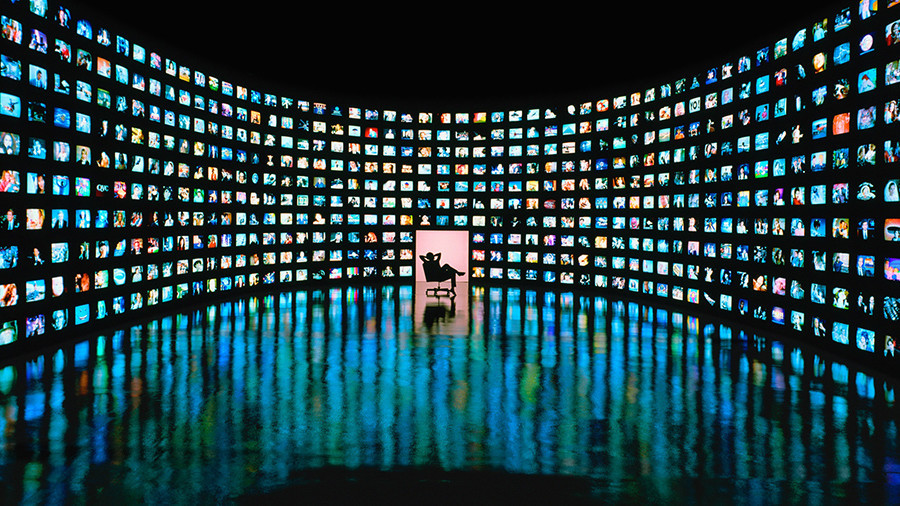The only way that someone will be in a precise position to know and understand the ecosystem of an environment is if that individual has lived in that environment. But some may argue, does someone have to live in a place, community, or country to understand how they live? Is it possible that people may know an environment without having lived there?
The advent of the internet and the proliferation of smartphones has made information accessible to everyone. No one is incapable of finding out anything about an environment that captures their interest. This availability of information explains why it appears easy for immigrants to settle into their new country, and these days, culture shock seems to be diminishing.
Within the context of people who migrate from Nigeria, I should mention different categories and various reasons they migrate. Some have lived most of their lives in the rural regions, and on arriving in the US, these people will have a different experience than those who lived in more urban areas.
Compared to other West African countries, Nigeria was colonized by the British, so the English language is the primary language or what is mainly referred to as the "lingua franca." The newspapers, TV, and radio programs are primarily in English. Still, due to the socio-economic setting of the country, people who have access to these mediums are people who live in urban areas. Rural electrification took quite a while, and even at the time of this writing, there are places in Nigeria that still lack electricity.
For those who grew up in the city, like yours truly, one of the main things influencing how we saw the world was this wonderful invention called television. The first recorded TV broadcast in Nigeria was in 1959, and from the available information, we know that most of the programs that aired at that time were live broadcasts. If you were born in the 70s, you would be familiar with regular TV programs at the time. In those days, TV would start at around 4 PM daily and noon on the weekends. I had never seen a greater motivation than getting your homework done before Sesame Street would come on after the national anthem had played.
In hindsight, I now realize that most of the content shown mainly was British or American. There were Nigerian programs, but honestly, most of us would prefer the foreign ones because they were better in terms of production than local ones. Considering that we were exposed to this type of content at an age that our parents were not, it played a massive part in influencing the kind of things that we liked and influenced our behavior.
Most of the tv programs available in those days were more American than British, especially those shown in the evenings after the 7 o'clock news. A few British shows like Mind Your Language, Only When I Laugh, and Some Mothers Do Have Them, but American shows like Good Times, Sanford And Son, Different Strokes, and The Jeffersons gave a good glimpse into American life and culture.
Parental guidance was not as popular in those days as it is now; most times, we would be allowed to watch what was shown before our bedtime. If any content were not suitable for kids, it would not be shown before bedtime. As mentioned earlier, most of these TV programs played a significant role in influencing our character. There was the African culture existing in our society. Still, if you lived in the urban areas or cities and were exposed to TV, you would have had more exposure to foreign mannerisms that formed an acquired taste for foreign cultural habits. These behaviors or developed cultures mostly ran in conflict with the local tradition. As we grew older, this would affect the way you dress, the music you listen to, and even the kind of materials you would like to read; some have referred to this conflict in cultures caused by the influx of foreign media as cultural imperialism.
This post is not about the pros and cons of cultural imperialism. But more so to show the effect on the immigrant who already imbibed the foreign culture before migration. Within the scope of a Nigerian migrating to America, the one that already is familiar with the culture due to media influence may find it easier to assimilate. It will be a lot more challenging to blend into society for those who have no idea of their destination's culture, like those who may have spent more time in the rural areas and have not had access to many foreign media. These will experience more culture shocks than the one that may have had too much of the colorful eye candy that Hollywood provides. For migrants from a country that primarily speaks English, the propensity to pick up the American accent will be higher than that of the migrant from a non-English speaking country.
These days, the social climate of America is such that there are mixed opinions as to if immigrants should assimilate or maintain their cultural identity; there was an Oprah Show that a guest described this country as more of a salad bowl than a melting pot. The country's philosophy is not the main thing; from an immigrant's perspective, you will only leave your home country because you are searching for better things. Any immigrant saying otherwise is not being truthful because no one wants to be many miles away from home out of basic curiosity. So it doesn't matter if you are versed in the culture before you came; you still have the option of learning the things that will help you reach your goal or bring you closer to the American dream.

Comments
Post a Comment